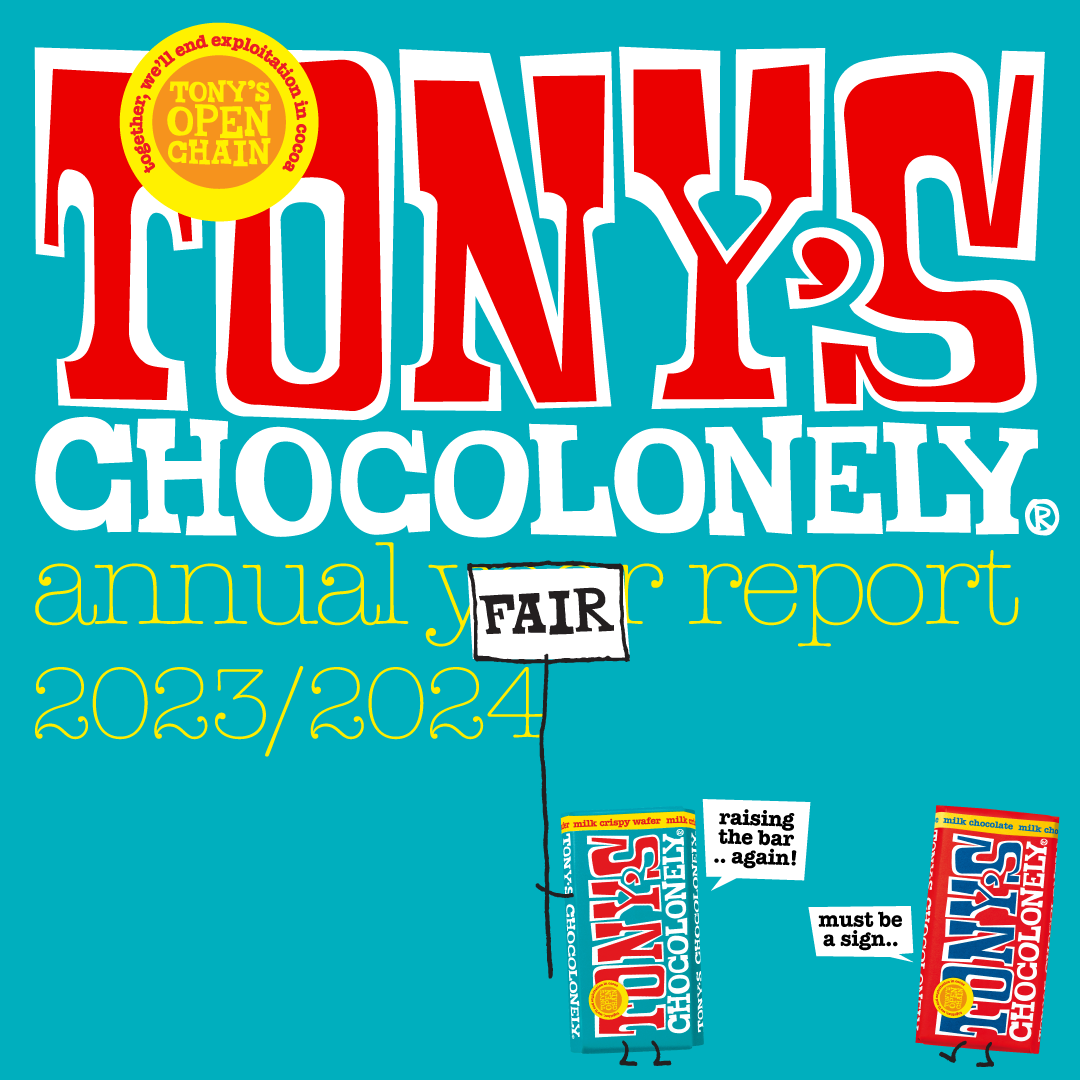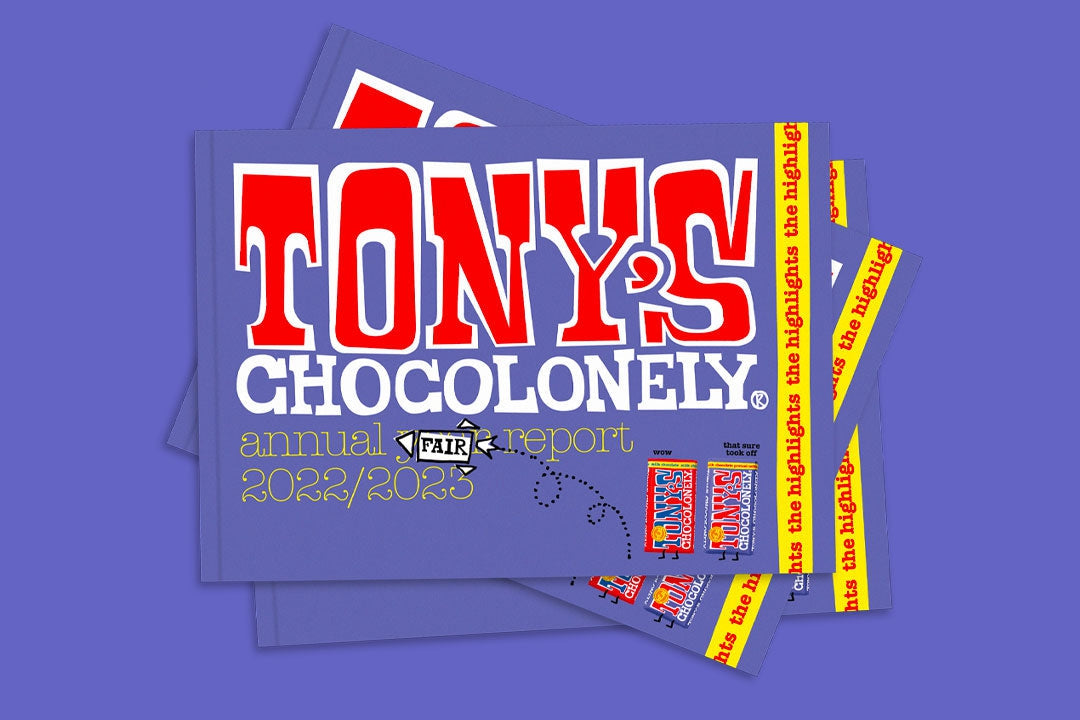Why young Ghanaians aren't becoming cocoa farmers
Cocoa farming is not a popular profession in Ghana. More and more young people are moving to the city to look for work there. But why do young people no longer want to become cocoa farmers?

Cocoa farming is not a popular profession in Ghana. More and more young people are moving to the city to look for work there. But why do young people no longer want to become cocoa farmers? And what benefits are there to cocoa farming? The Dutch Royal Tropical Institute did extensive research into this in 2017. In this blog we've summarized the most important findings for you.
Education determines your motivation
Young people look at work differently. That's because young people today have more access to education than previous generations. Education ensures that young people aim for professions that previously seemed unattainable, while it used to be more common that you'd just go into cocoa. Today, young people prefer to start a business in the city, for example. According to the KIT study, there is a big difference between having to become a cocoa farmer and wanting to become a cocoa farmer. Even today there is still a large group of young people who have not had any education. Cocoa is the only option for them.
A life of uncertainty
Young people who do have a choice prefer not to choose cocoa. According to KIT, cocoa has become a less popular sector for various reasons. First of all, it is physically demanding work: think of long days in the sun, often working unprotected with pesticides and machetes and lifting heavy weights. Another reason is the lack of available land. Some young people are lucky enough to inherit a piece of land, but often that's because they're the oldest child in their family. To buy a piece of land you first have to earn the money. That money is hard to earn with little employment (except working on a cocoa plantation). If you want to start a cocoa plantation as a young cocoa farmer, you can rent a piece of land. For example, you pay the rent for the land by giving up half of your harvest. But if you don't harvest, you have a lot of debt. Which means great risk. Moreover, you only earn income for half of the year with cocoa; that's because the cocoa season lasts from September to March. The rest of the year you have to get your income from something else. As a cocoa farmer, you also have to wait for that income. That is why many young people prefer work that pays immediately instead. For example, if you start a business in the city, then you have the money that you earned that day in your pocket the same day.
Investments in the cocoa sector are making it popular again
There are also young people who actually opt for a life in the cocoa. They are mainly young people above 26 years of age. They see it as a good investment, because they'll be left with something later. Life in the city is expensive, so it's hard to save. As a cocoa farmer you can borrow from the bank. This is useful if, for example, your child becomes ill and you have to pay the medical costs. A second factor that's making the cocoa sector popular again are the investments made in the sector by large companies or institutions. Think of investing in cooperatives and premiums. Thanks to cooperatives, cocoa farmers, for example, can jointly purchase equipment, pesticides and other supplies that they can't afford on their own. The premiums show that more and more chocolate companies understand that the world cocoa price is not enough to make ends meet.
So, Big Choco and governments .. invest!
If you ask us, big choco and the government must invest in the cocoa sector to make it attractive to Ghanaian youth again. By entering into long-term relationships with cocoa farmers, but also by improving quality and productivity together, by supporting cooperatives and ensuring that farmers are stronger and by making cocoa beans 100% traceable. Does that sound familiar? That's because those are our five cooperation principles. Read more about them here.
maybe also interesting
-

serious stuff
04 February 2025
Wow, look at all the impact you made last year!
-

serious stuff
30 January 2024
Cheers to a stellar year of making impact in cocoa
-

serious stuff
26 November 2023
Tony’s (Un)FAIR Countdown Calendar
-

serious stuff
17 October 2023
why we won't stop paying a higher price for cocoa



